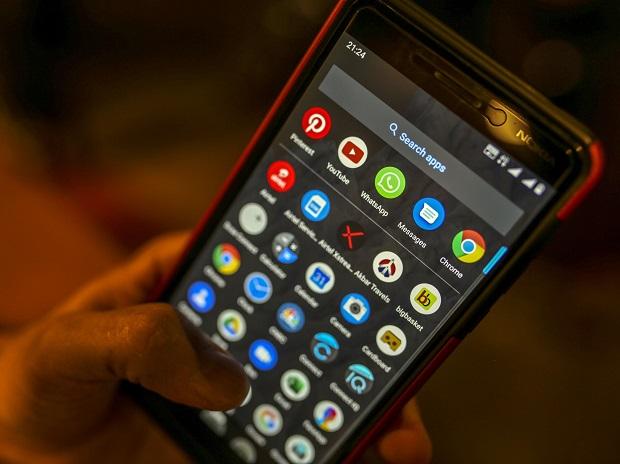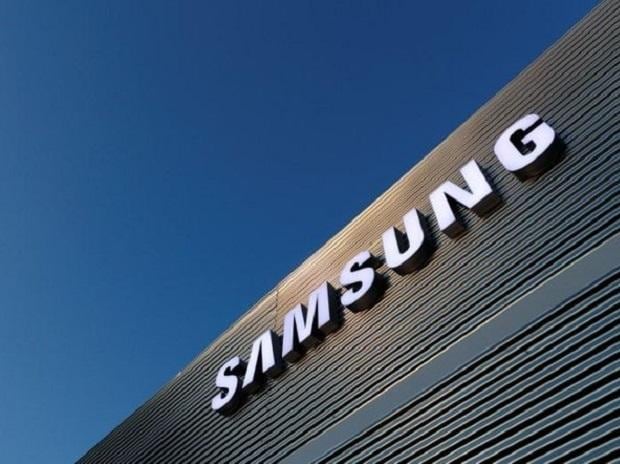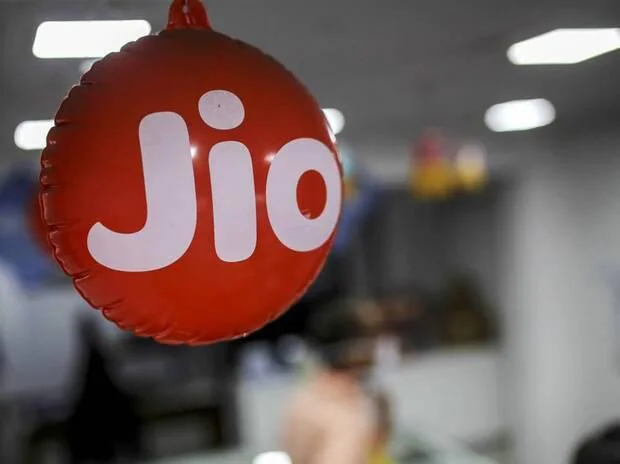Nearly 43 per cent of mobile phone users are either confused or unclear about the meaning of “app tracking”, a new report revealed. It added that the smartphone users thought app tracking was intrinsic to the app function, or that it was meant to provide a better user experience.
App tracking is used by companies to deliver targeted advertising to smartphone users.
However, the study from the University of Bath’s School of Management, UK, sheds light on how widely privacy and security features in a smartphone, originally aimed at giving consumers more control over sharing of their data, are misunderstood.
iPhone users, upon opening an app for the first time, are asked if they want to allow the app company to track their activity across other apps. They can choose either “Ask App Not to Track” or “Allow”, as introduced by Apple’s App Tracking Transparency framework in April 2021.
Android users must access tracking consent via their phone settings.
If people opt out of tracking, their use of apps and websites on their devices can no longer be traced by the company, and the data can not be used for targeted advertising, or shared with data brokers.
The study, published in the journal of The ACM CHI Conference on Human Factors in Computing Systems, showed that the most common misapprehension (24 per cent) was that tracking referred to sharing the physical location of the device – rather than tracing the use of apps and websites.
People were found to think that they needed to accept tracking for food delivery and collection services, such as Deliveroo, or for health and fitness apps, because they believed their location was integral to the functioning of the app.
While just over half of participants (51 per cent) said they were concerned about privacy or security including the security of their data after it had been collected – analysis showed no association between their concern for privacy in their daily life and a lower rate of tracking acceptance.
The researchers said there were significant misunderstandings about what app tracking meant.
“People commonly believed they needed to allow tracking for the app to function correctly,” said Hannah Hutton, a postgraduate researcher from the university’s School of Management.
They attributed this misunderstanding to the lack of clarity in the wording chosen by companies in the tracking prompts, which are easy to misinterpret.
“This research further exposes how most consumers are not aware of how their digital data is being used.
“Everyday millions of us share information with tech companies and while some of this data is essential for these services to function correctly, other data allows them to generate money from advertising revenue.
“While people are now familiar with the benefits of having PIN numbers and facial recognition to protect our devices, more work needs to be done so people can make transparent decisions about what other data is used for in the digital age,” said David Ellis, a professor of Behavioural Science and co-author.
(With agency inputs)
Note:- (Not all news on the site expresses the point of view of the site, but we transmit this news automatically and translate it through programmatic technology on the site and not from a human editor. The content is auto-generated from a syndicated feed.))



